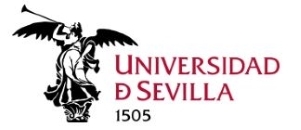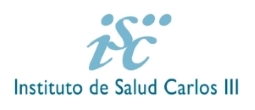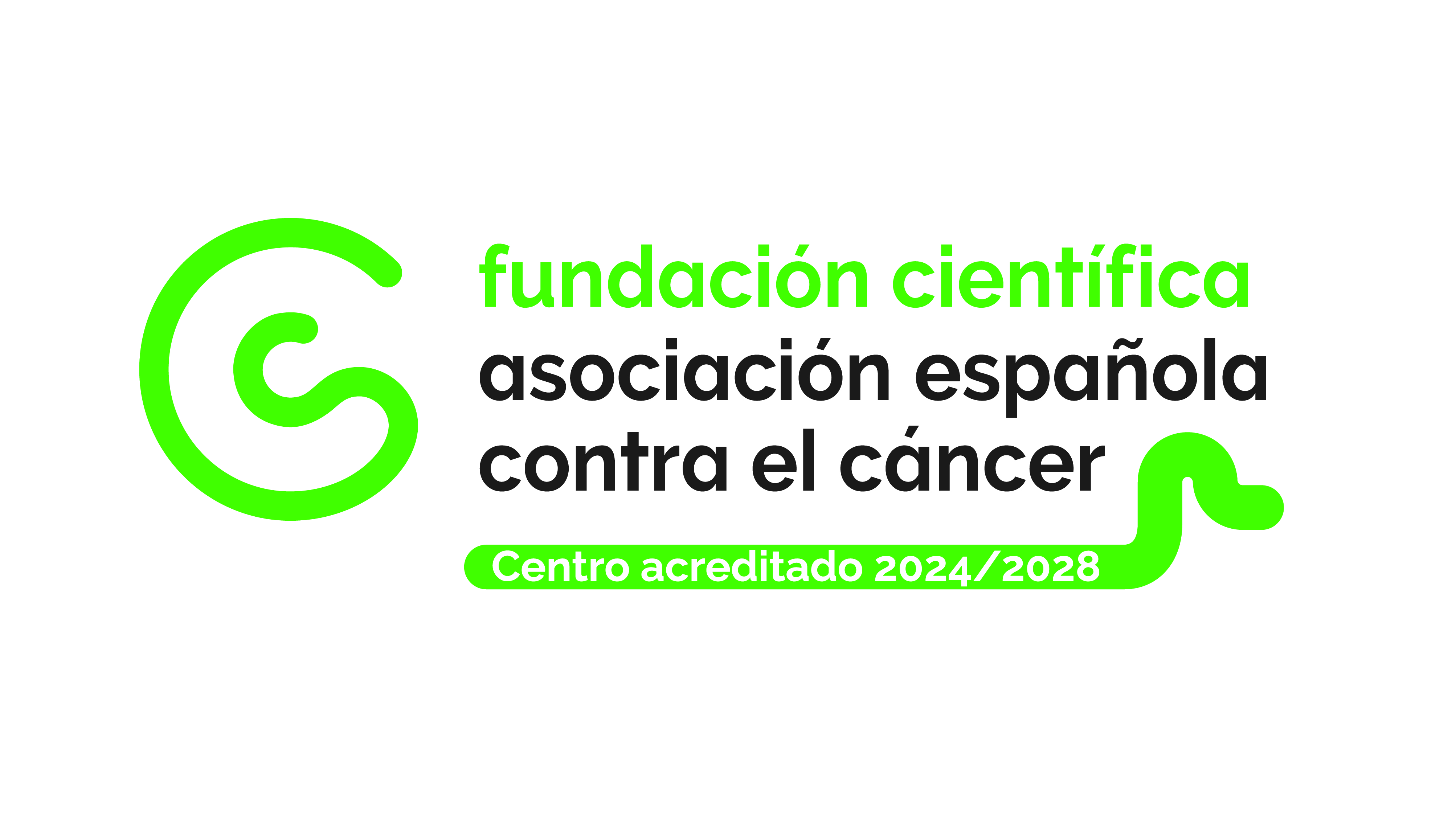Cód. SSPA: IBiS-C-15
The Computational Systems Medicine group has a large trajectory In genomic data research and Interpretation, with special stress In cancer and rare diseases, with more than 350 publications In International journals and participating In numerous national and International projects. It Is a multidisciplinary group that can address many different biomedical challenges from the perspective of the biologist and the clinician along with the methodological skills of the mathematician and the statistician as well as the knowledge on big data management provided by the Informatic engineers. The groups Is Interested In modeling disease mechanisms and drug action mechanisms by means on the Interpretation of omic data and real world data (RWD) In the context of systems biology, using for this mathematical modeling and artificial Intelligence.
Research Lines
- Analysis of genomic data for gene discovery in rare diseases
We have fostered and participated In several genomic projects, such as the Medical Genome Project (http://www.medicalgenomeproject.com) from the Andalusian community, the Undiagnosed Patients Project (EnoD) from the CIBERER (https://www.ciberer.es/programas-transversales/proyectos/otros-proyectos/programa-de-enfermedades-raras-no-diagnosticadas-enod), or thel NaGen project (https://www.nagen1000navarra.es/) from the Navarra Region. In addition, the group has developed the database of genetic variability of the Spanish population CSVS (http://csvs.babelomics.org/), including whole genomes and exomes of more than 2000 unrelated Spanish individuals. Also, the group has developed software for the first pilot project for the diagnosis of rare diseases in the HUVR.
- Cancer genomics
The group has worked Intensely In different projects of transcriptomic and genomic data analysis in cancer, with numerous publications. Also, a pilot project to evaluate the possibility of using exome sequencing Instead of the conventional gene panels for treatment recommendation In lung cancer In the HUVR has been carried out. In addition, a new test to predict the risk of recurrence In breast cancer was developed In collaboration with Durviz and the Valencian Institute of Oncology (IVO) (https://durviz.com/mpd/).
- Pathogen genomics
The group has fostered the circuit of SARS-CoV-2 genomic sequencing for epidemiologic surveillance derived from the project COVID-0012-2020 from CSyF), and coordinates the collection of genomic data.
The group has also set up and maintains the SIEGA (https://www.clinbioinfosspa.es/projects/siega/) system, which contains whole genomes of environmental pathogens which can be a risk for human health.
Genomics of huma microbiome: The group is actively working in the analysis of the human microbiome, developing models for the prediction of colon cancer (Sci Rep. 2022) and other diseases.
- Mathematical modeling of biological systems:
A fundamental line of work of the group is the modeling of biological pathways (signaling and metabolic pathways), a field in which has published actively. The algorithms developed by the group have been used to study different systems (cancer, rare diseases, infectious diseases, etc.) and are key in different international projects, like the COVID-19 disease map (https://covid.pages.uni.lu/). The group has developed algorithms such as the hipathia (http://hipathia.babelomics.org/) which derives cell functional and signaling profiles from omic data.
- Artificial Intelligence
The group pioneers the application of artificial intelligence and machine learning methodologies in genomics and clinics. The group has published colon cancer predictors using microbiome data and has successfully proposed drug repurposing in rare diseases and COVID-19.
- Big Data and real World Data
The group, in collaboration with the Health Population Database (Base Poblacional de Salud. https://www.sspa.juntadeandalucia.es/servicioandaluzdesalud/profesionales/sistemas-de-informacion/base-poblacional-de-salud), has set up an innovative infrastructure for secure clinical data management (iRWD http://clinbioinfosspa.es/projects/iRWD/). It has also several lines of research (e.g. RWE of protective effect of D-vitamin of COVID-19 patients, Loucera et al., Sci Rep. 2021), as well as collaborations with pharma companies (Astra Zeneca, Pfizer, Ipsen, etc.)















